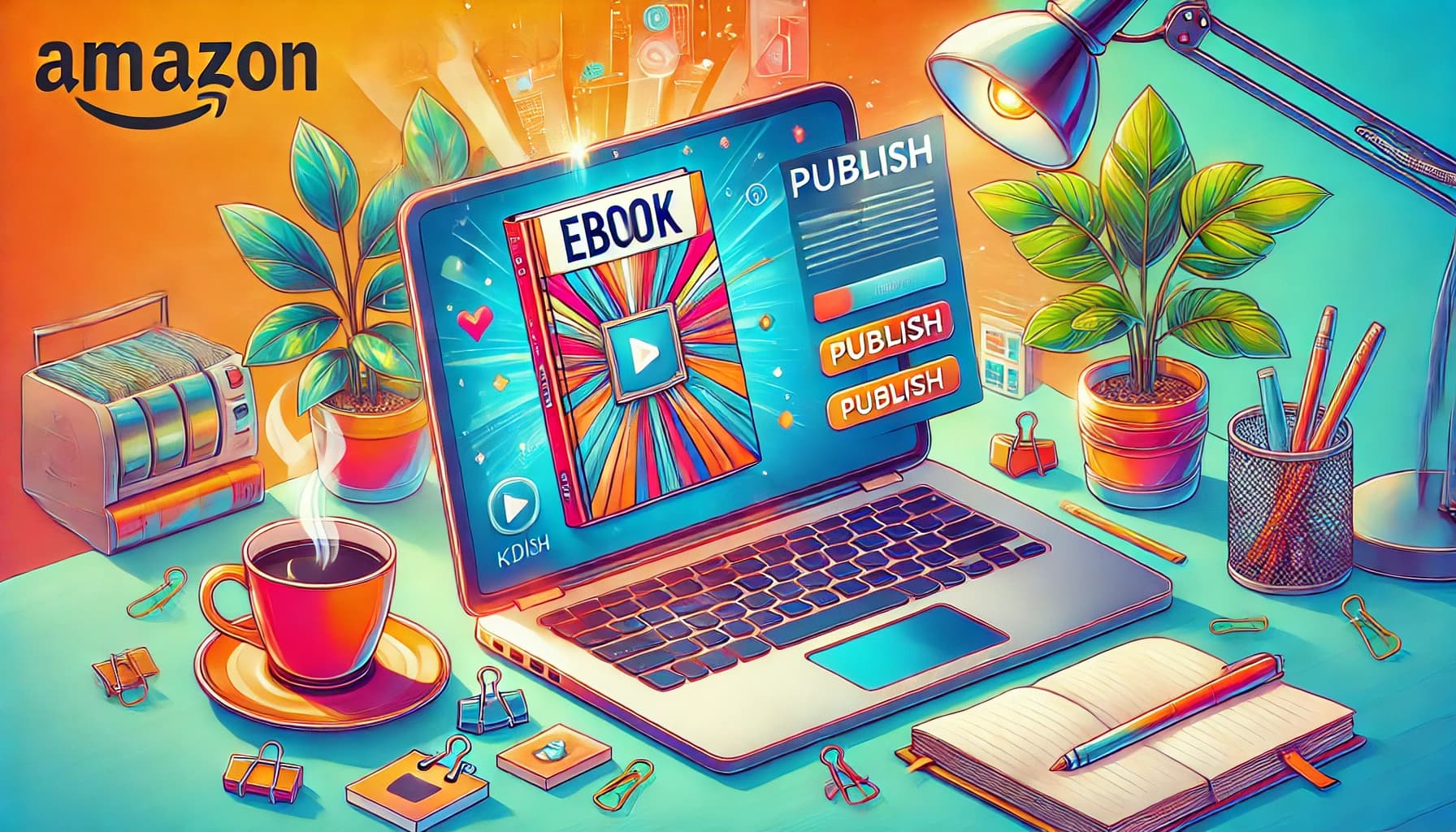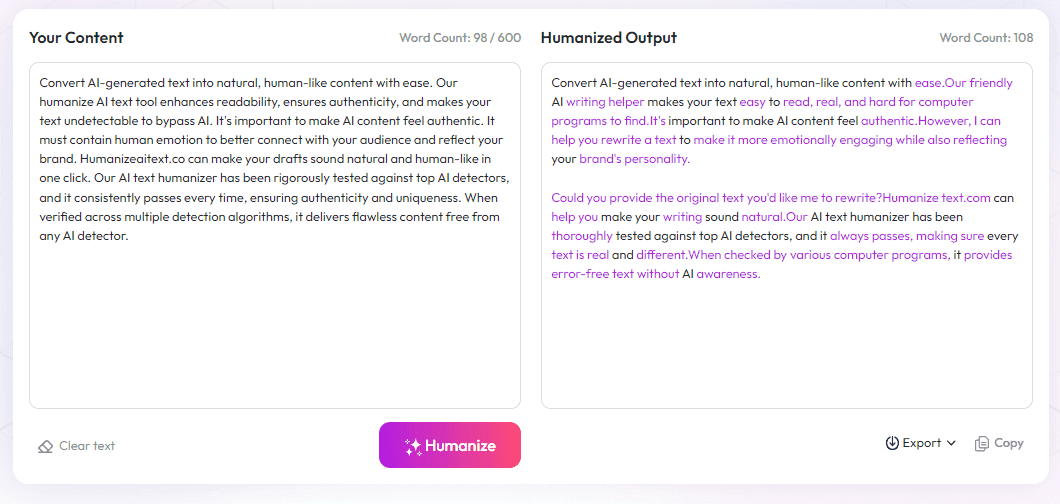Table of Contents
You’ve probably wondered if there’s a way to sell your writing beyond traditional books, right? Maybe the idea of reaching new audiences or earning royalties on every copy sold sounds appealing but complicated. Well, keep reading, because NFTs could be just what you need to turn your words into unique digital assets. Stick with me, and I'll show you how authors like you are using NFTs to open new doors and profit from their work in clever ways.
In this quick guide, I’ll explain what NFTs are and how they can work for writers. You’ll learn why jumping into NFTs might be a smart move, from earning royalties to building closer connections with fans. Plus, I’ll share some fun ideas and tips to help you get started with your own literary NFTs.
Key Takeaways
Key Takeaways
- Authors can turn their works into unique digital assets using NFTs, which are stored on blockchain and prove ownership and originality.
- Minting NFTs allows authors to earn royalties on resales and create new income streams beyond traditional books.
- NFTs help build closer connections with fans through exclusive content, early access, and interactive experiences.
- Successful authors have sold limited edition NFTs and exclusive content, showing real earning potential in this space.
- To avoid issues, market your NFTs well, ensure you own the rights to your content, and promote your work actively.
- NFTs are likely to stay, with future features including multimedia collectibles and easier platforms, offering more chances for authors to innovate and grow their audiences.

Imagine a world where your words can become digital collectibles that fans and investors eagerly seek out. That’s essentially what NFTs (non-fungible tokens) do for authors. NFTs are unique digital assets stored on blockchain technology, which certifies their originality and ownership. For writers, this means creating a one-of-a-kind version of their work—be it a signed digital edition, exclusive artwork, or author’s note—that can be bought, sold, or traded just like rare collectibles.
When an author mints an NFT, they’re turning their creative work into a digital certificate of authenticity. Every transaction is recorded on the blockchain, making it transparent and tamper-proof. This not only proves provenance but also opens the door for earning royalties every time the NFT is resold, thanks to smart contracts embedded in the token.
Considering the rapidly growing NFT market—expected to reach $49 billion by the end of 2025 and with over 11.6 million users in 2025—it’s clear that more people are exploring digital assets as a way to support and monetize creative projects. If you're curious about how to jump into this space, platforms like popular NFT marketplaces offer accessible starting points for authors ready to dip their toes.
Reasons why authors are turning to NFTs include the potential to earn royalties on each sale (with over 80% of creators now using royalty-enforcing smart contracts), the ability to offer multiple revenue streams from a single work, and the chance to connect more closely with their audience. For example, an author could sell an exclusive ebook collection or behind-the-scenes content as NFTs, giving fans a unique way to support their favorite writers. As NFT trading volume hit a record $3.9 billion in Q1 2024, chances are good that this digital shift is here to stay.
In the next section, we’ll explore what makes NFTs an attractive option for writers and how they can leverage this technology to create new income opportunities and foster stronger relationships with their reader base.

How NFTs Can Help Authors Build a Loyal Community
Issuing NFTs gives authors a direct way to engage with their readers and create a sense of belonging.
You can offer exclusive NFTs to early supporters, turning them into part of a tight-knit fan base.
Using platforms like OpenSea or Rarible, you can host special events or releases that encourage community participation.
Sharing behind-the-scenes content, author Q&As, or personalized messages through NFTs makes fans feel valued and connected.
Interactive NFT experiences, such as voting on upcoming projects or storylines, further deepen this bond.
Recruiting your audience to help with promotional efforts or giving them early access through NFT lotteries turns fans into active promoters.
Success Stories: Authors Who Made It Big with NFTs
Some writers have already turned tiny digital assets into massive income streams, showing this isn’t just hype.
For example, a fantasy author sold limited edition illustrated NFTs of their characters for thousands of dollars each, making headlines.
Another writer released a series of exclusive audiobooks as NFTs, earning royalties and building a dedicated following.
Examples like these demonstrate that with the right marketing approach, even new authors can leverage NFTs for real success.
Learning from these stories can give you ideas for your own NFT ventures; don’t dismiss the power of a creative rollout.
How to Avoid Common Pitfalls When Launching Your Literary NFTs
While jumping into NFTs sounds attractive, a few mistakes can trip you up if you’re not careful.
First, don’t assume just because you mint an NFT, fans will automatically buy it—market it well and explain its value clearly.
Be mindful of copyright issues; ensure you own or have rights to all content you tokenize.
Remember, blockchain transactions can be complex and costly; carriers like Ethereum can have high gas fees, so pick your platform wisely.
Stay transparent about royalties and pricing to prevent misunderstandings that might harm your reputation.
And lastly, don’t forget to promote your NFTs across social media and mailing lists—leaving it all to a marketplace alone rarely works.
The Future of Literary NFTs and What’s Next for Authors
As more writers explore this space, expect NFTs to become a staple in book marketing and sales.
We will likely see innovations like multimedia NFTs, combining videos, sound clips, and interactive elements into one collectible.
Platform development will make minting and selling easier, with more author-friendly tools emerging.
Integrating NFTs with traditional publishing contracts might also become standard, creating hybrid models for monetization.
Staying adaptable and learning from early experiences will be key—this isn't just a passing trend but a new chapter for writers.
In the long run, building a community through NFTs can forge stronger author-reader bonds and create new revenue streams beyond traditional publishing.
FAQs
NFTs are digital tokens representing ownership of a unique item. Writers can sell their work as NFTs, reaching new audiences and earning royalties on secondary sales, making it a new way to monetize digital books and related content.
NFTs offer authors a way to earn royalties on secondary sales, diversify income sources, and connect directly with fans. They also open opportunities to attract collectors and investors interested in unique literary assets.
Authors should understand the technical process, build an audience beforehand, and consider legal and copyright implications. Preparing a clear plan will help ensure a smooth launch and sustainable engagement with NFT buyers.
Start by choosing a suitable NFT platform, create digital versions of your work, and promote your NFTs on social media. Engaging with your audience early helps build interest and trust for your digital collectibles.



